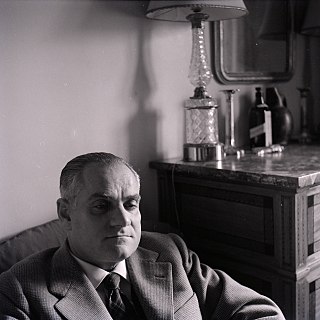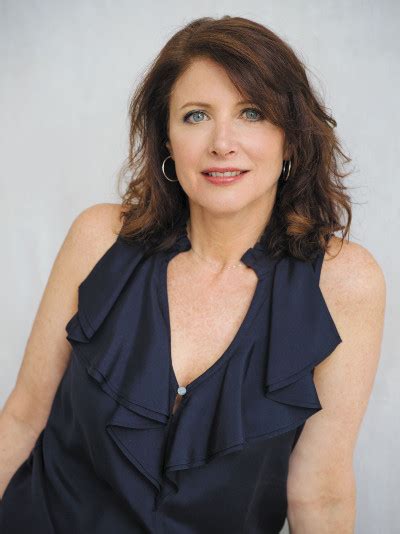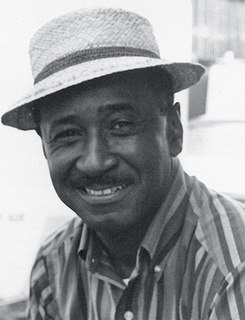A Quote by Philip Roth
I write fiction and I'm told it's autobiography, I write autobiography and I'm told it's fiction, so since I'm so dim and they're so smart, let them decide what it is or it isn't.
Related Quotes
to look back on one's life is to experience the capriciousness of memory. ... the past is not static. It can be relived only in memory, and memory is a device for forgetting as well as remembering. It, too, is not immutable. It rediscovers, reinvents, reorganizes. Like a passage of prose it can be revised and repunctuated. To that extent, every autobiography is a work of fiction and every work of fiction an autobiography.






































